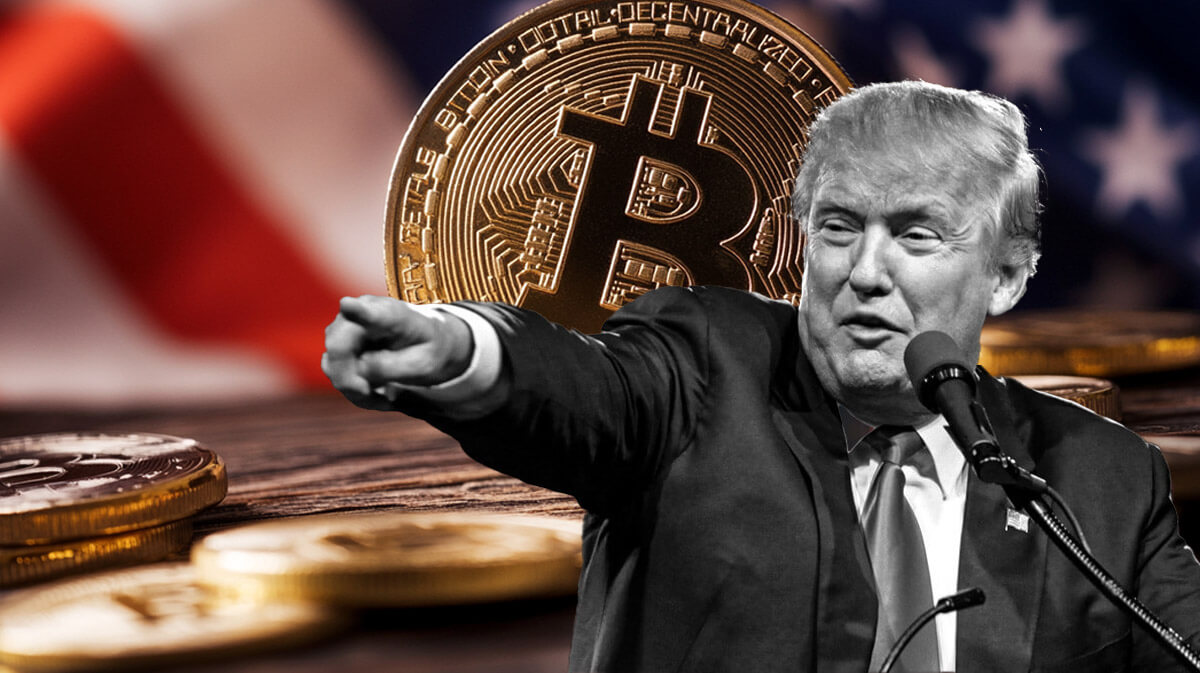
Hackers and scammers are attracted to cryptocurrencies like flies to honey. This makes crypto custody a riskier business than storing traditional assets like stocks and bonds. Storing traditional assets is considered important but relatively simple.
The high risk comes with the high risk of protecting cryptocurrencies, which makes crypto custody an expensive business. According to Hadley Stern, chief commercial officer of Marinade, a Solana custody tool, it costs up to 10 times more to store cryptocurrencies than traditional assets, Bloomberg reported.
Crypto custody will be a major growth area for both traditional Wall Street banks and startups, as it is more expensive to do so, according to Stern, who previously led digital asset custody at Bank of New York Mellon Corp.
The cryptocurrency custody business, currently worth $300 million, is growing rapidly at a rate of about 30% per year, according to Fireblocks estimates.
Campbell Harvey, a finance professor at Duke University, told Bloomberg that new entrants into the business are “making a bet that this market is going to be quite large.”
Traditional banks are entering the cryptocurrency market.
Currently, cryptocurrency custody is dominated by Coinbase and BitGo, as traditional companies are hesitant to jump into crypto due to regulatory uncertainty.
But banks like BNY Mellon, State Street Corp., and Citigroup have entered the cryptocurrency custody business or announced plans to do so, but players are mostly taking baby steps.
For example, BNY Mellon launched a digital asset custody platform in October 2022, but only supported Bitcoin and Ethereum custody and did not expand to other cryptocurrencies. Meanwhile, Nasdaq announced in September 2022 that it would be launching a cryptocurrency custody business, but then halted it in July 2023, citing “changing business and regulatory environments.”
Cryptocurrency custody is controversial
Third-party custodians have long been criticized in the cryptocurrency community. The long-standing cryptocurrency mantra of “not your keys, not your coins” continues to cast a shadow over custodians. This phrase emphasizes the importance of holding your own cryptographic keys to maintain control over your assets.
Crypto custodians have taken steps to reduce the risk of hacks and theft, but their track record is not clean. Earlier this month, popular retail brokerage Robinhood and investment firm Galois Capital settled with the U.S. Securities and Exchange Commission (SEC) over at least part of their custodian protocol deficiencies.
The US SEC remains a major obstacle
One of the key regulatory hurdles is the SEC’s rule, SAB 121, which imposes restrictions on financial firms that provide custody services for cryptocurrencies. President Joe Biden has vetoed congressional efforts to overturn the rule, but some banks have been granted exemptions.
In a speech on September 9, SEC officials provided specific examples of banks receiving exemptions from SAB121 and the reasons for doing so. Still, uncertainty remains, and many in the industry are waiting for potential changes based on the outcome of the U.S. presidential election.
The crypto community is holding its breath as former President Donald Trump wins the November election. Trump has vowed to replace SEC Chairman Gary Gensler with someone who will embrace crypto rather than stifle it.
David Portilla, a partner at Davis Polk & Wardwell LLP who represents banking and cryptocurrency clients, told Bloomberg:
“While the SEC has begun to provide relief to banks under SAB 121, it has not done so in a transparent and broadly applicable manner… The technical, legal, and regulatory risks addressed by SAB 121 are significantly mitigated by the existing, extensive legal and supervisory framework applicable to banking entities, but the SEC’s policies do not reflect that.”
Some overseas companies, including London-based Copper, are waiting for a Trump victory so they can refocus on the U.S. market.
“It could happen faster or slower, depending on the outcome of the election,” said Bobby Jagotta, CEO of Bitstamp USA, a cryptocurrency exchange that uses BitGo for custody. He added:
“The big players on Wall Street won’t miss this opportunity, especially if it signals an evolution of the traditional services market.”
